
Microbes play a pivotal role in the functioning of ecosystems, they act as emerging pathogens, but also as ecosystem engineers, underpinning ecologically and economically valuable processes, such as carbon sequestration and waste processing. They also form discrete ecological units with eukaryotic hosts (holobionts). As nature is under increasing threat from anthropogenic activity, at local and global scales, so too are the microbial communities and functions that underpin every ecosystem. The Ransome lab is interested in understanding the intricate roles of microbial communities, the impact that anthropogenic change is having on their ecosystem services, and how we can harness them to solve environmental problems. We combine multi-omics with field surveys, and field and lab experiments, to answer our research questions.
News!
Article: Decline of a coral reef holobiont community with ocean acidification, April 2024

Congratulations to Jake the first paper from his PhD, ‘Decline of a distinct coral reef holobiont community with ocean acidification‘, which was published in Microbiome this week. We investigated the effect of ocean acidification on the bacterial communities and metabolites associated with the cryptobenthic reef community along a CO2 vent site in Papua New Guinea. Read the paper here and a summary here.
BES-Defra Report Delivering Biodiversity: Priority Actions for Fresh Water, March 2024

See our new report for Defra (here) that collates 40 expert views on the priority actions for fresh water to help restore biodiversity. It was fantastic to see the research and policy community come together to reach consensus on such an important issue! See Emma Ransome’s interview on the Radio4 Today Programme here (22/3/2024 1.22). Coverage in the Times here and Independent here.
Article: eDNA captures fluctuations of surface eukaryotes on coral reefs, February 2024

Congratulations to Rosie on the first paper from her PhD, published in Environmental DNA this week. Check out the paper here, which explores the importance of standardising the timing of eDNA sampling due variations in species detections over diurnal cycles on coral reefs. While eDNA is a useful tool for assessing human impacts on biodiversity, greater care needs to be taken to standardise sampling approaches.
Invited talk at the inaugural UK Seagrass Symposium, Plymouth, UK, November 2023

Emma had a fantastic time at the inaugural UK Seagrass Symposium, in Plymouth, where she gave a talk on two projects her team are working on with Ocean Conservation Trust – one on carbon variability in UK seagrass meadows, and the other on the role of microbial probiotics in enhancing seagrass growth in polytunnels. More collaborations coming soon!
A new grant to suppress Take-all disease with microbial communities! October 2023

The Ransome lab is starting a new grant to examine pathogen suppression in wheat through microbiome manipulation! We are very excited to be working with a fantastic team at Imperial College London to investigate the use of natural microbial communities in suppressing an important crop disease, funded by the Micheal Uren Foundation. See more about the project here.
PhD opportunity with ICL and Ocean Conservation Trust (OCT)on seagrass, October 2023

Apply for our new PhD opportunity, ‘Enhancing seagrass growth and resilience for restoration purposes with microbial manipulations’,through the SSCP DTP programme at Imperial College London. We are so excited about this collaboration with the Ocean Conservation Trust, Chris Yesson (ZSL) and the Mike Sweet (Uni of Derby) – what a team we have! Get in touch if you are interested – deadline January 2024.
Challenger Society for Marine Science commends Alex, October 2023

Ransome Lab undergraduate student, Aleks Murphy, has won a high commendation from the Challenger Society for Marine Science for her thesis! The National Student Award competition is run every year and aims to raise the status of marine science education and research. Aleks worked with us to understand the variability in seagrass carbon across seagrass meadows in the UK. Well done, Aleks!
Yilan Aolei joins us to work on bacteriophage ecology, September 2023

Welcome to Yilan Aolei who has joined the Ransome lab as a Research Assistant. Yilan has just finished her MSc in Ecology, Evolution and Conservation at Imperial College London and will be working with us to finish off her thesis work investigating the effect of temperature and chemical pollution on bacteria-phage interactions. Image shows the first phage Yilan imaged by TEM. Exciting times!
Invited talk at the Red Sea Research Center, KAUST, September 2023
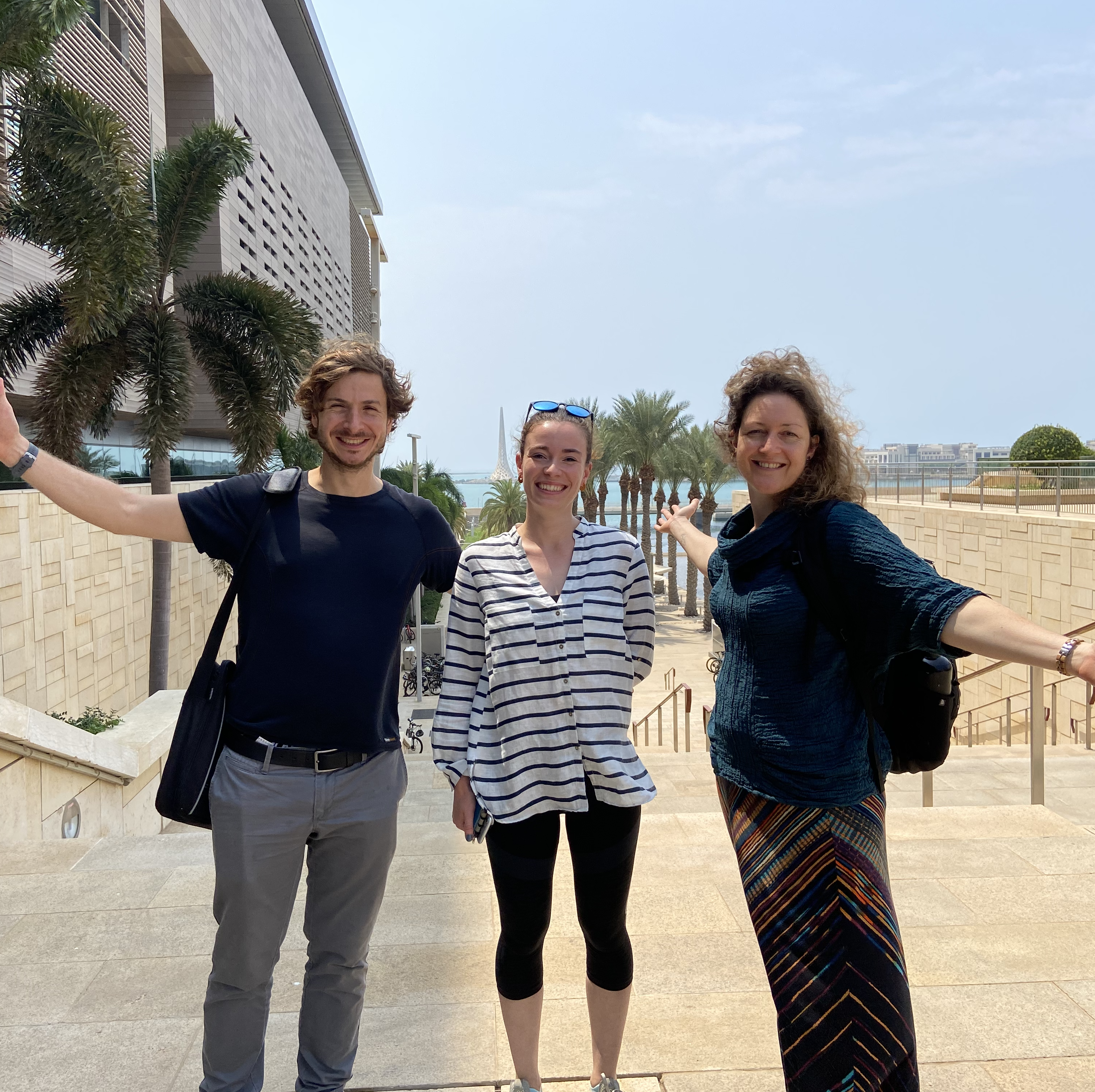
A great trip to give an invited talk at the Red Sea Research Center in KAUST, Saudi Arabia. Emma, Margaux and Jake had a great 10 days working with Professor Susana Carvalho and her team. Great science discussions, more ARMS recoveries and lab work, and a dip in the Red Sea! More collaborations on the reef cryptobiome coming soon…
Paula wins best Erasmus+ MSc thesis prize, August 2023
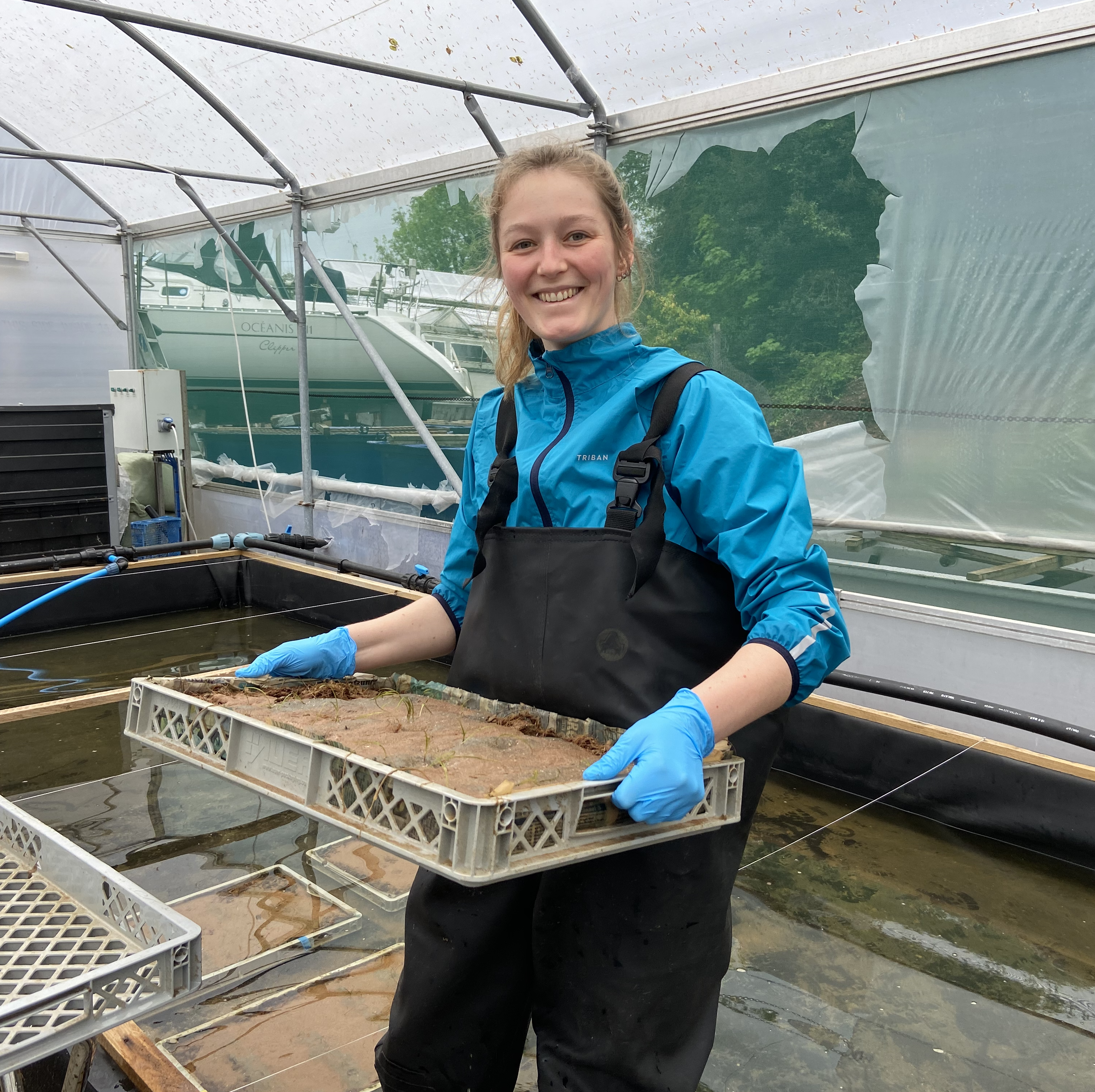
Congratulations to Paula for winning the best Erasmus+ MSc thesis this year! Paula joined the Ransome lab in February to work with us and Ocean Conservation Trust to enhance polytunnel seagrass growth for restoration purposes using microbes. Paula developed and ran a large seagrass experiment, with great results and is now heading to the Red Sea Research Center for an internship! Watch this space for Paula’s paper.
Article: Two new publications from our SARS-CoV-2 work, May 2023
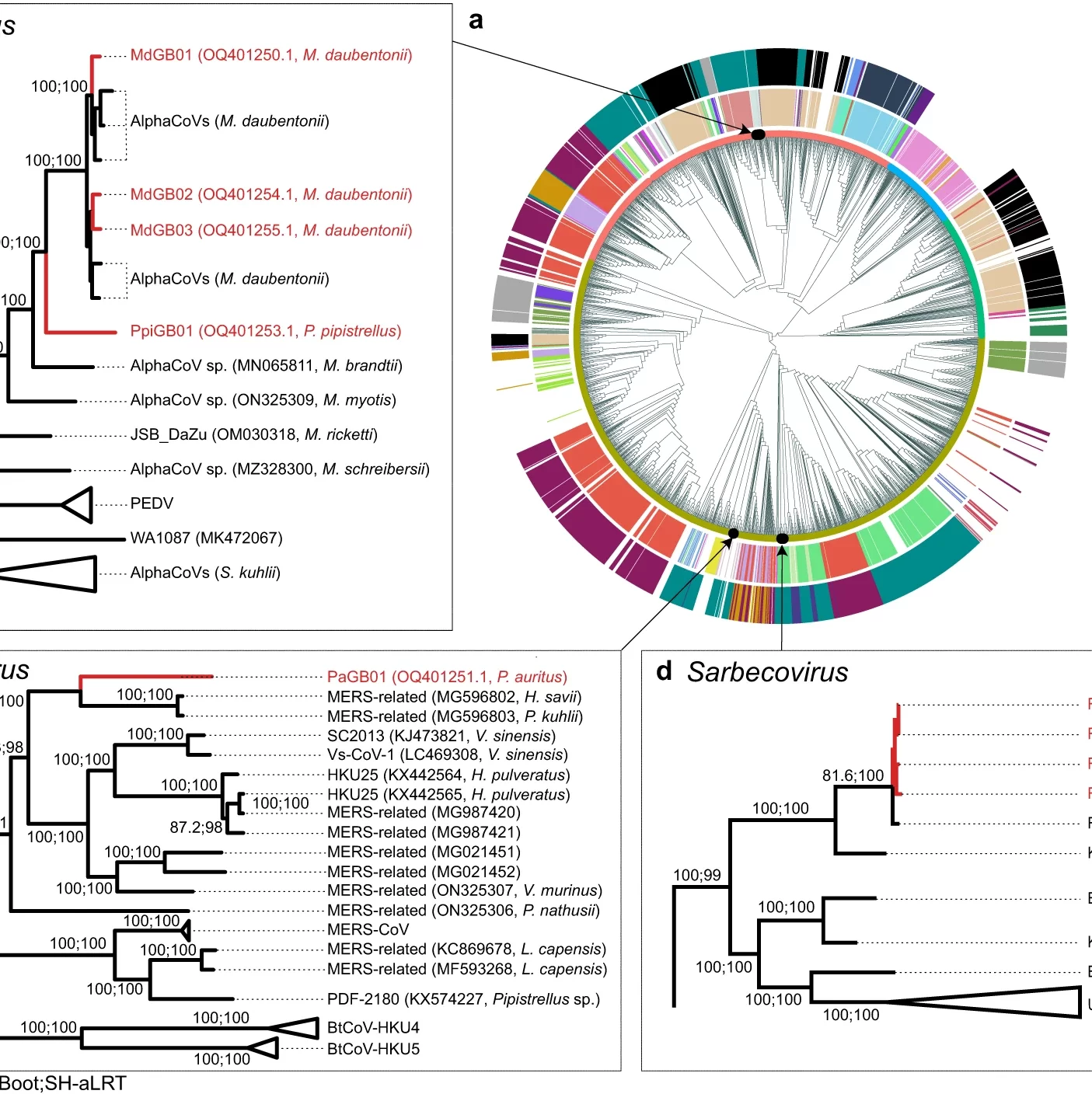
Check out our two new papers, published in Nature Communications and BMJ Open Respiratory Research. These papers investigate the presence of viruses with zoonotic potential in UK bats and the prevalence of SARS-CoV-2 in the air around London, with varying levels of pollution. Read this work here and here.
Congratulations to Margaux on successfully defending her PhD! April 2023
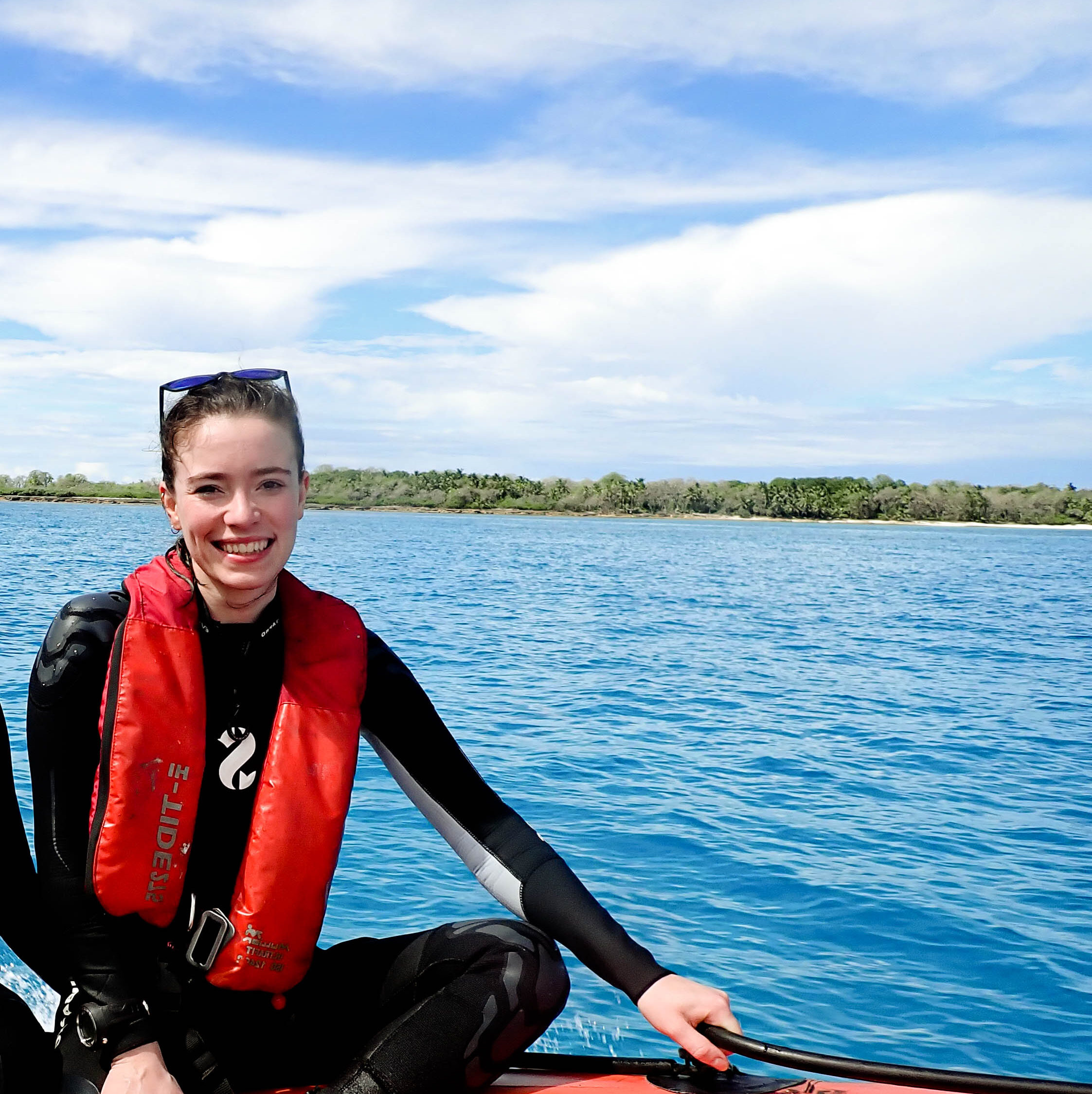
Congratulations to Margaux, who just passed her PhD with no corrections! For her PhD, Margaux used Autonomous Reef Monitoring Structures (ARMS) to investigate the cryptobenthic community on coral reefs in the Chagos Archipelago – one of the most remote locations in the Indian Ocean. See her papers from this work here and here. Margaux is staying with us as she joins the Ransome lab as a PDRA to work on a new project called the FutureReef.
Article: Evaluating the transmission risk of SARS-CoV-2 from sewage, Nov 2022

Check out our new paper, published this week in Science of the Total Environment! We investigated the transmission risk of SARS-CoV-2 from sewage pollution in the River Thames, UK, and in the Danube and Sava Rivers, Serbia. We surveyed the rivers for SARS-CoV-2 RNA and infectious SARS-CoV-2 and carried out lab experiments to quantify the degradation rate of infectious SARS-CoV-2 in natural substrates. Read our paper here to see what we found!
British Ecological Society Aquatic Group Meeting, University of Oxford, Sept 2022
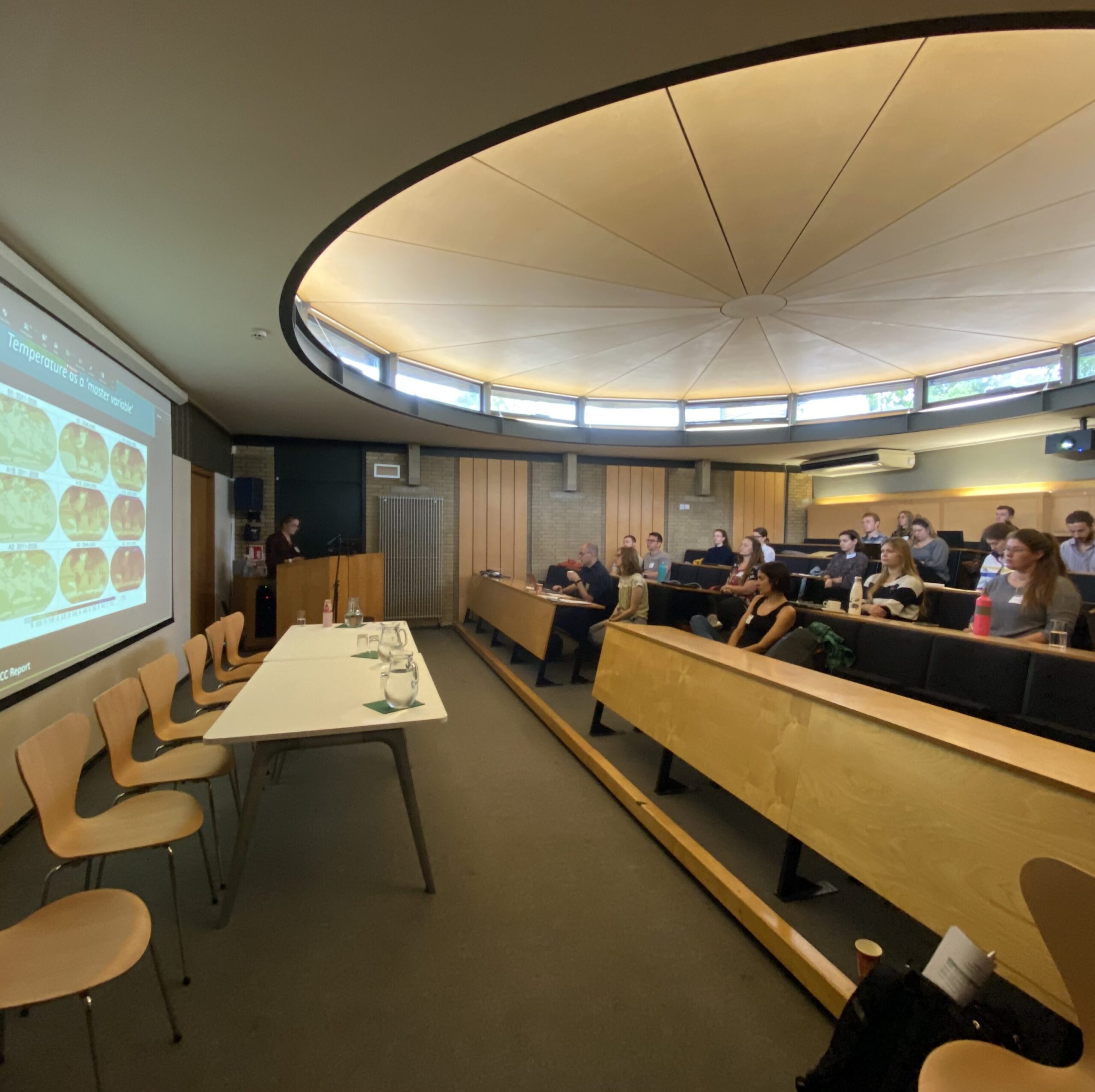
We had some great speakers for our BES Aquatic Group Annual Meeting this year, joining us from the USA, Spain, Germany, and the UK. The ECR talks were awesome and our ECR prize winner, James Orr, from the University of Oxford, gave an excellent talk. I also finally got to meet our new freshwater co-chair, Dr Stephen Thackeray (of CEH), face-to-face for the first time after a million Teams meetings. A fantastic two days! Check out BESAG here and follow us on Twitter here.
Ecology Field Skills Course, Imperial College London in Plymouth, UK, June 2022
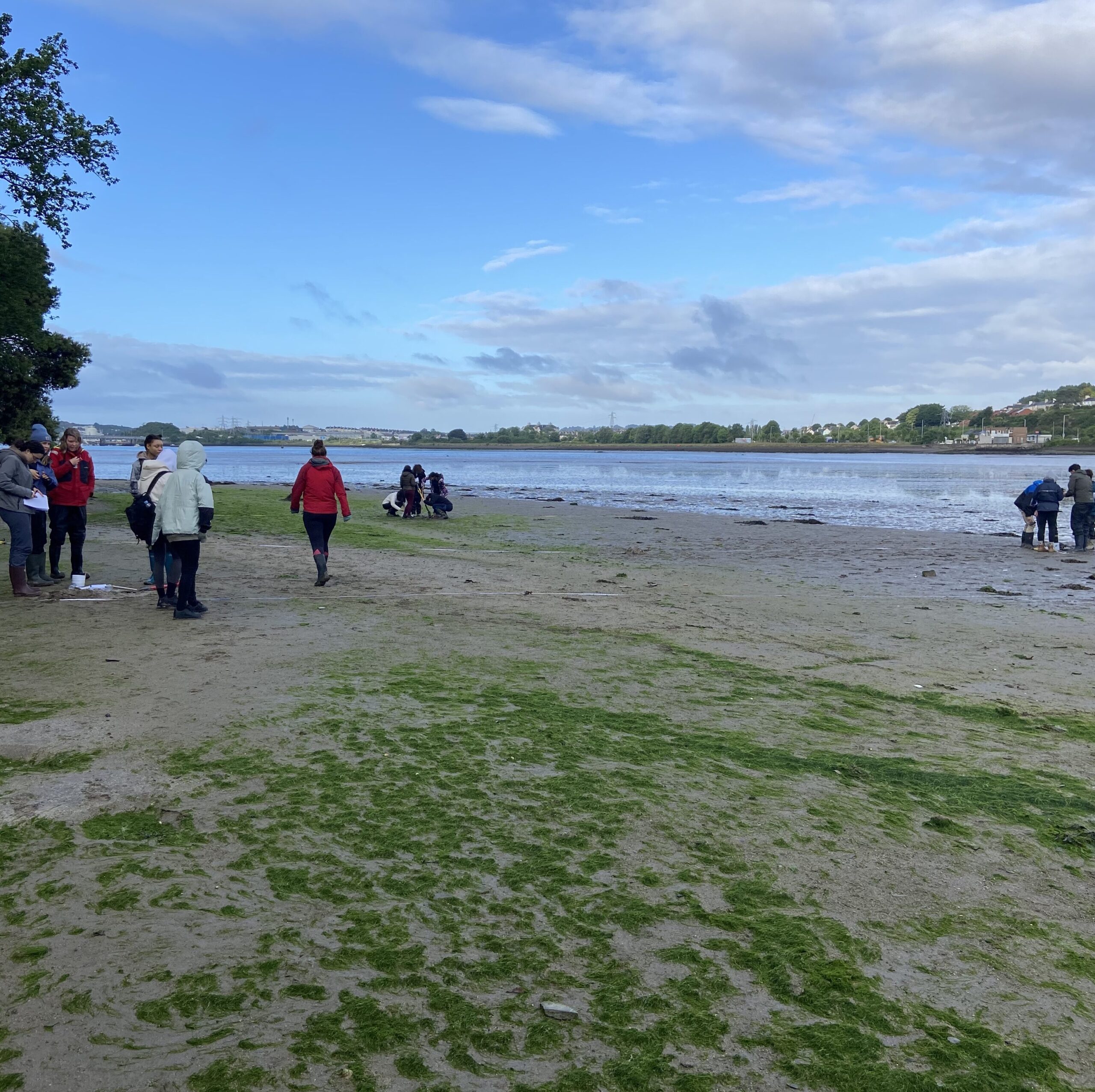
What a fantastic week! We are just back from teaching second year Imperial undergraduate students about all things marine – from rocky shores, to invasive species, and from biogeochemistry to estuaries! My favourite activity was a 5am start to dig for worms and learn about redox on the River Plym. We were greeted with a beautiful sunrise and it stayed dry until we left the beach. Great students, great staff and mostly dry weather! Read a student blog on the course here.
Sediment coring in Plymouth seagrass meadows, May 2022
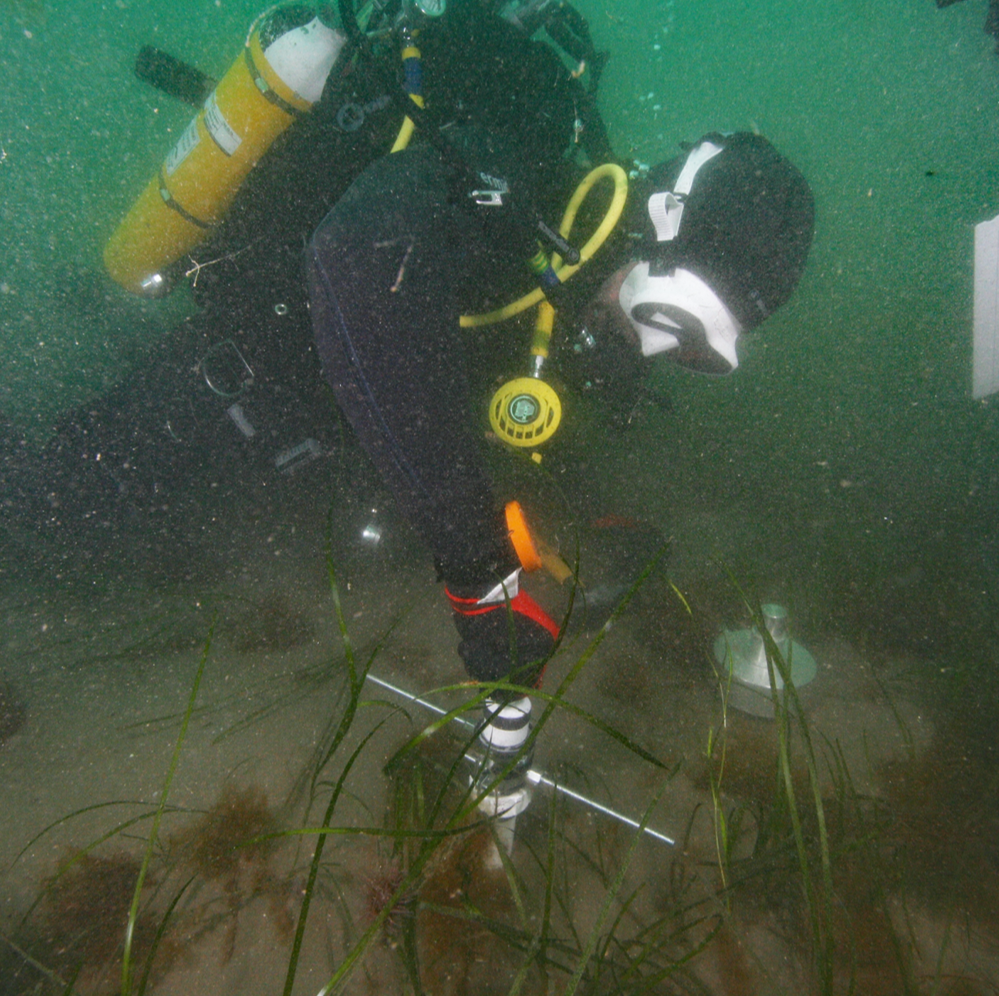
A successful week of fieldwork in Plymouth Sound coring seagrass sediments to investigate carbon stocks and microbial communities. We perfected our coring methodology after some trials and managed to collect more cores than we had hoped, even with some rough weather. We could not have done it without such a fantastic dive team, led by Mark Parry from Ocean Conservation Trust. A big thanks to Keith Hiscock for documenting the work! You can read more about the work here. Image: Keith Hiscock.
Laura Bachmaier joins the Ransome Lab! May 2022
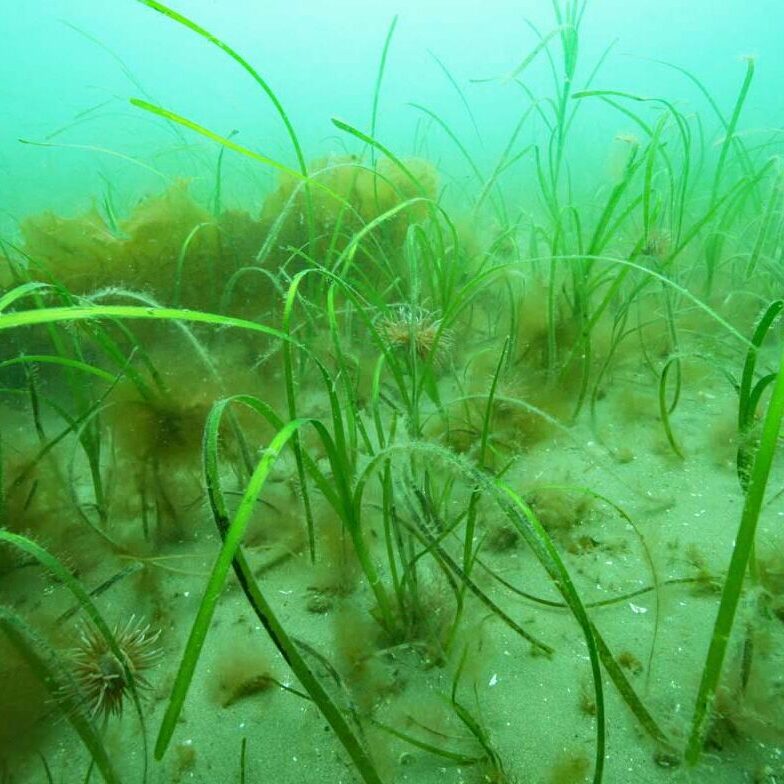
Welcome to Laura Bachmaier who has joined the lab as a Research Assistant! Laura has just finished her MSc in Ecology, Evolution and Conservation at Imperial College London. Laura will be working to understand carbon flux and microbial activity in UK seagrass beds, alongside Ocean Conservation Trust. The work is funded by an ICL FSRF grant. Image: Keith Hiscock.
Article: Testing bats in rehabilitation for SARS-CoV-2, May 2022
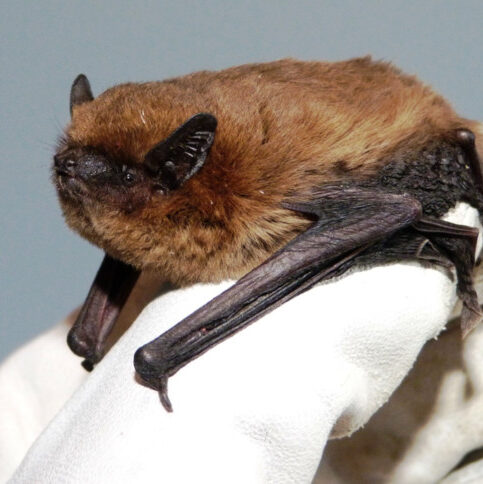
Check out our new paper, published this week in Conservation Science and Practice! We developed a method for testing wildlife for SARS-CoV-2 to better understand how animals may act as reservoirs for SARS-CoV-2 and other risky viruses. This method will allow rapid release times for bats in care without invasive testing (e.g. through blood samples) by testing their faeces. Read the article here and press coverage here.
Article: SARS-CoV2 and Air Pollution Interactions, April 2022

Check out our new paper, published this week in Molecular Frontiers Journal! This piece of work, by our collaborator Fan Chung (ICL, Faculty of Medicine) summarises what we know about outdoor particulate matter (PM) pollution and mortality from COVID-19 disease. Read the article here.
Fun times with sewage as we start two new grants, January 2022
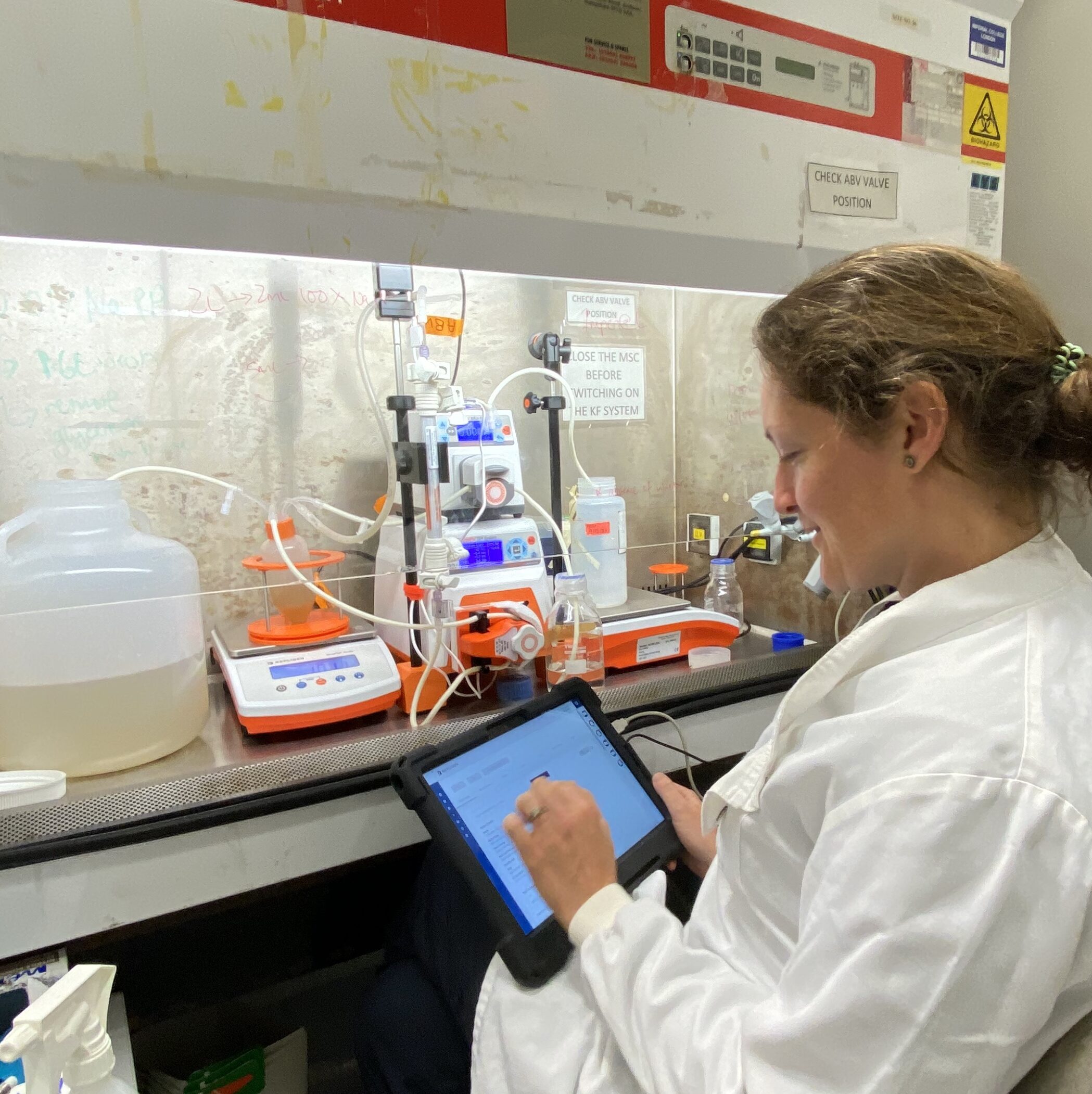
The lab is starting two projects through an Innovate UK grant with Untap and work with the Home Office Accelerated Capability Environment (ACE) to develop novel methods for pathogen surveillance. See more from Untap here and read about the woman behind the company here.
Leverhulme Centre for the Holobiont at ICL, January 2022

Very exciting news! Imperial College is about to welcome the Leverhulme Centre for the Holobiont. Led by Thomas Bell, this £10M Centre will be run across ten institutions, and will transform our understanding of holobionts. Read more about the Centre here and information about our core team here.